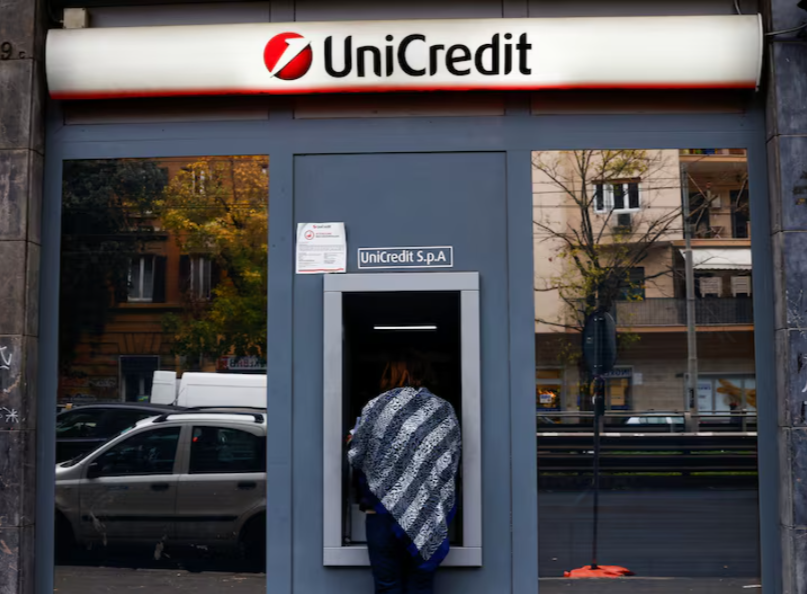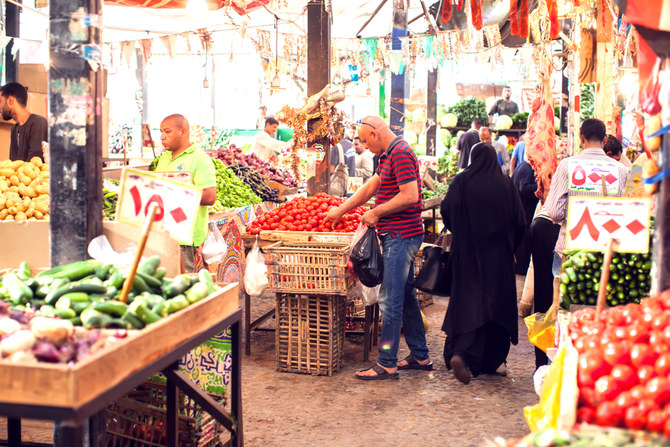Egypt’s annual inflation rate eased to 25.7 percent in July, down from 27.5 percent in June, according to the country’s statistics agency, CAPMAS. This decline exceeded analyst expectations, Reuters reports.
On a month-on-month basis, prices fell by 0.4 percent in July, a significant decrease from the 1.6 percent decline in June. While food prices saw a slight month-on-month drop of 0.3 percent, they remain 28.5 percent higher than a year ago.
This slowdown in inflation offers some relief for the Egyptian economy, though food prices continue to pose a challenge.
Egypt is one of the world’s largest wheat importers, bringing in about 5.5 million tonnes annually to provide subsidized bread for millions.
On Aug. 7, Egypt’s state grains buyer GASC announced it had secured 36,600 tonnes of sunflower oil through an international tender.
The purchase included 24,600 tonnes scheduled for delivery between Oct. 15 and Oct. 31, and 12,000 tonnes for delivery between Nov. 1 and Nov. 15.
GASC did not acquire any soybean oil in this tender.
Egypt also launched its largest-ever wheat tender earlier this week, seeking to import 3.8 million tonnes as it aims to capitalize on a drop in global wheat prices to four-year lows.
Securing wheat at reduced prices could significantly lower Egypt’s import bill, aiding efforts to stabilize the economy.
A poll of 18 analysts had expected inflation to have slowed to a median of 26.6 percent in July, extending a deceleration that began in September, when inflation reached a peak of 38.0 percent.
Egypt has tightened its monetary policy under an $8 billion International Monetary Fund financial support package it signed in March, although that program has also required it to increase many domestic prices and let its currency plunge.
The central bank hiked interest rates by 600 basis points on March 6, bringing total increases in 2024 to 800 bps.
The government raised the price of some subsidized products to battle a budget deficit that hit 505 billion Egyptian pounds ($10.27 billion) in a 3.016 trillion pound budget in the year that ended on June 30.
In a bid to manage rising costs, the Egyptian government implemented a series of price increases in recent months. On June 1, the price of subsidized bread was raised by 300 percent. This was followed by a fuel price hike of up to 15 percent on July 25.
Despite these increases, the government has boosted its food subsidies in an effort to provide support to citizens. According to Finance Minister Kouchouk, food subsidies reached 133 billion Egyptian pounds ($2.7 billion) in the 2023/24 fiscal year, representing a 10 percent year-on-year increase.










The latest news in your social feeds
Subscribe to our social media platforms to stay tuned